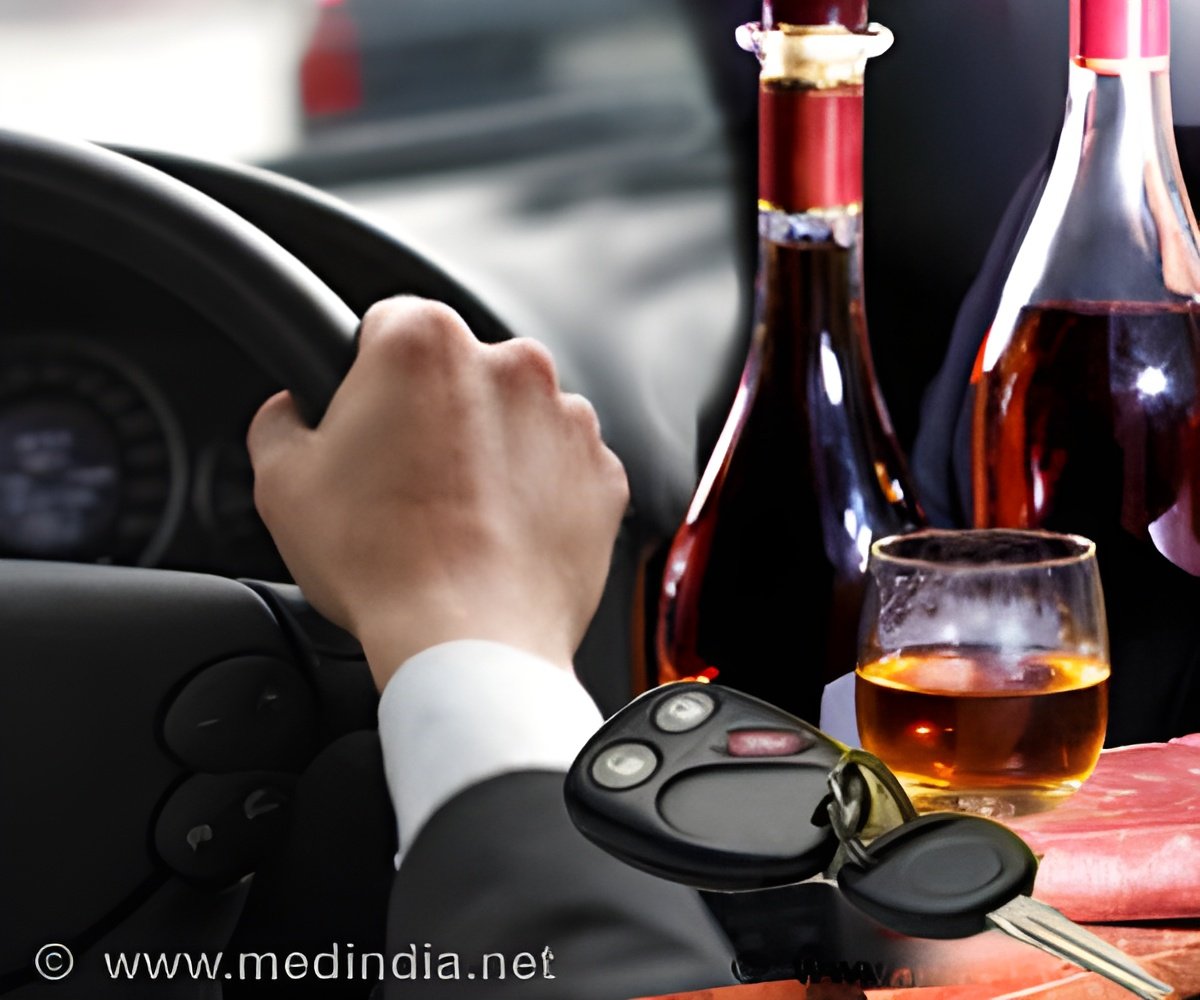Stronger alcohol policies reduce the likelihood of alcohol-related motor vehicle crash deaths, stated new study.

The new study looked at the relationship between alcohol policies in states and the likelihood of alcohol involvement among those who die in motor vehicle crashes. Data on crash deaths was obtained from the Fatality Analysis Reporting System, while state alcohol policies for each year were characterized using the Alcohol Policy Scale, a measure developed at BMC that looks into the broader alcohol policy environment based on 29 separate alcohol control policies.
Of all adult crash deaths, stronger, more restrictive state alcohol policies decreased the likelihood of alcohol involvement in crash deaths. Specifically, a one percent increase in the restrictiveness of policies corresponded to a one percent reduction in the likelihood that a crash was alcohol-related (e.g., involved one or more drivers with a BAC at or above the legal limit). Across all states, a 10 percent increase in the restrictiveness of policies would translate into approximately 800 fewer deaths annually.
"Given the risks involved with alcohol use, strengthening alcohol control policies could help prevent many crash deaths, including the 40 percent of deaths that affect victims who are not themselves driving while intoxicated," said Timothy Naimi, MD MPH, the study's lead author who is a physician at BMC's Grayken Center for Addiction and a professor at Boston University Schools of Medicine and Public Health. Importantly, stronger policies were similarly protective against car crash deaths that involved alcohol at BACs below the current legal limit. "Although not reflected in our current laws, the risk of crashes starts to increase at BAC levels well below 0.08 percent, so stronger policies offer a way to reduce those deaths as well," said Naimi. At present, most developed nations have BAC limits of 0.05 percent or less, and recently the National Academies of Sciences and the National Transportation Safety Board have called for lowering permissible BAC limits for driving in the US.
Source-Eurekalert















